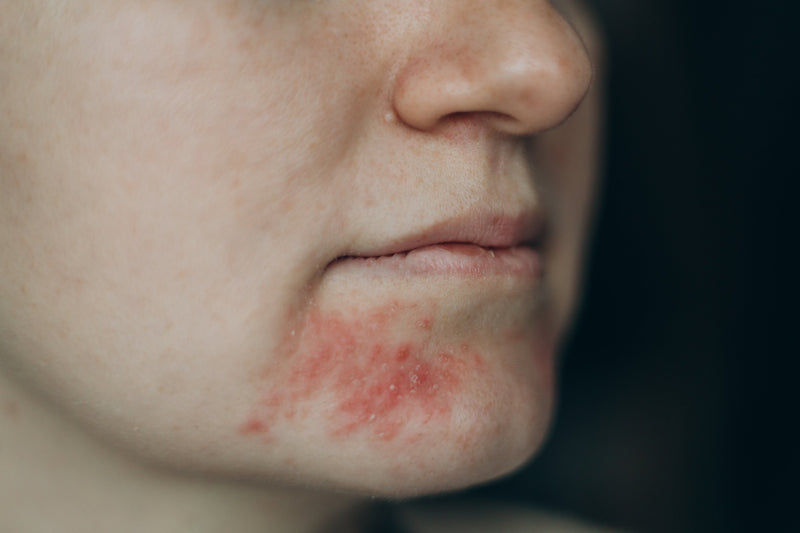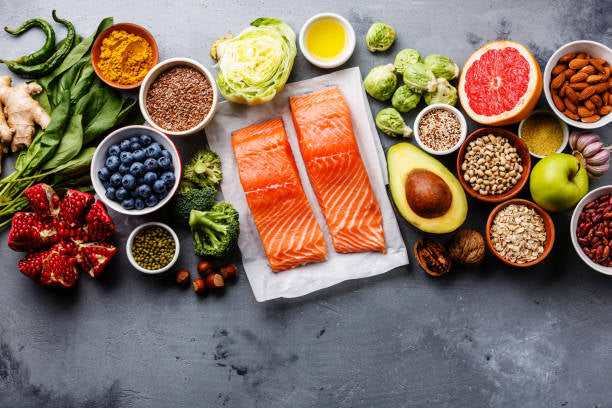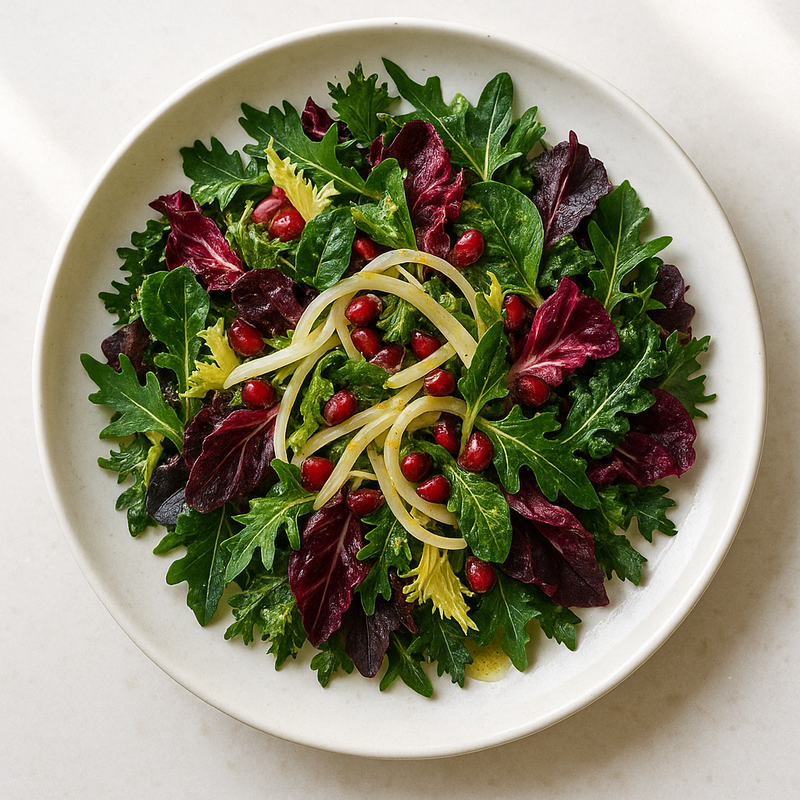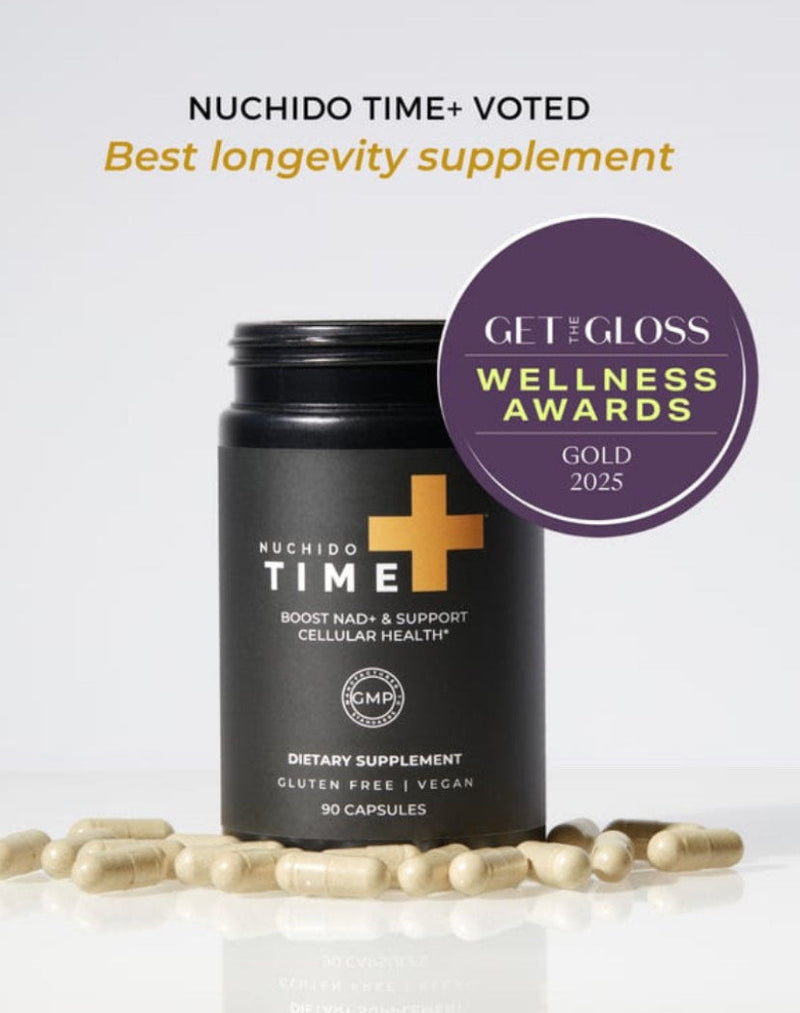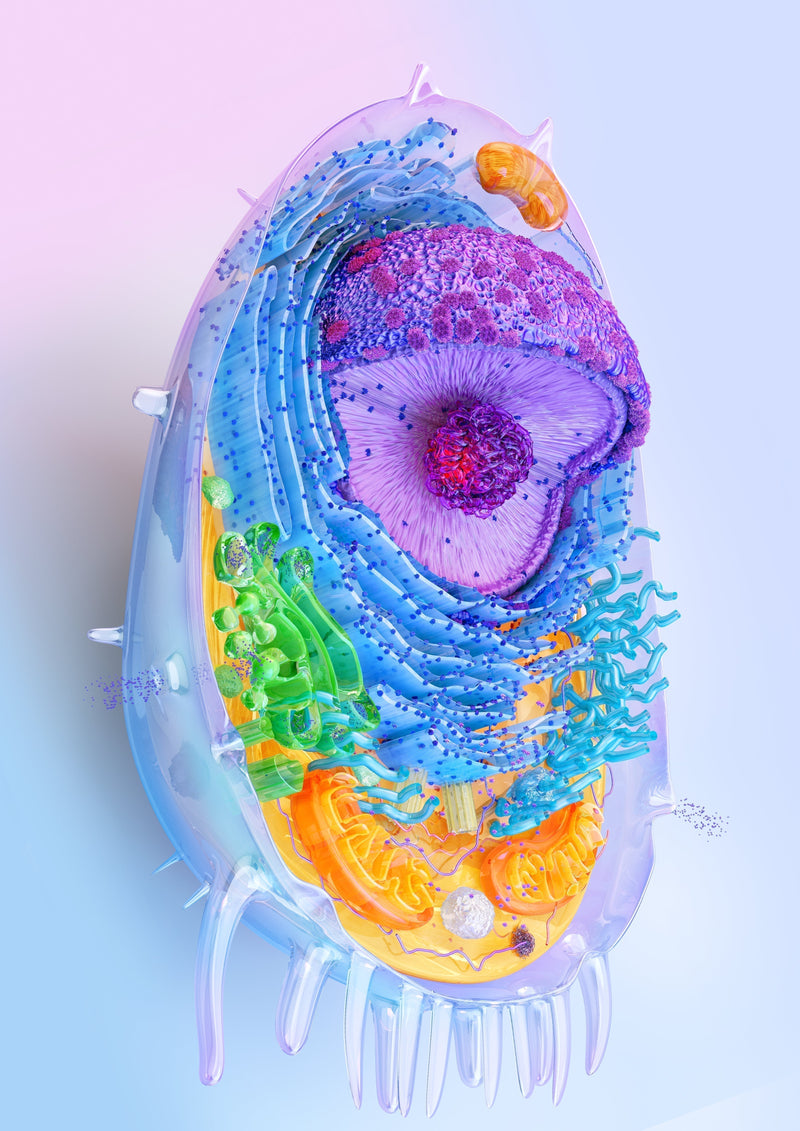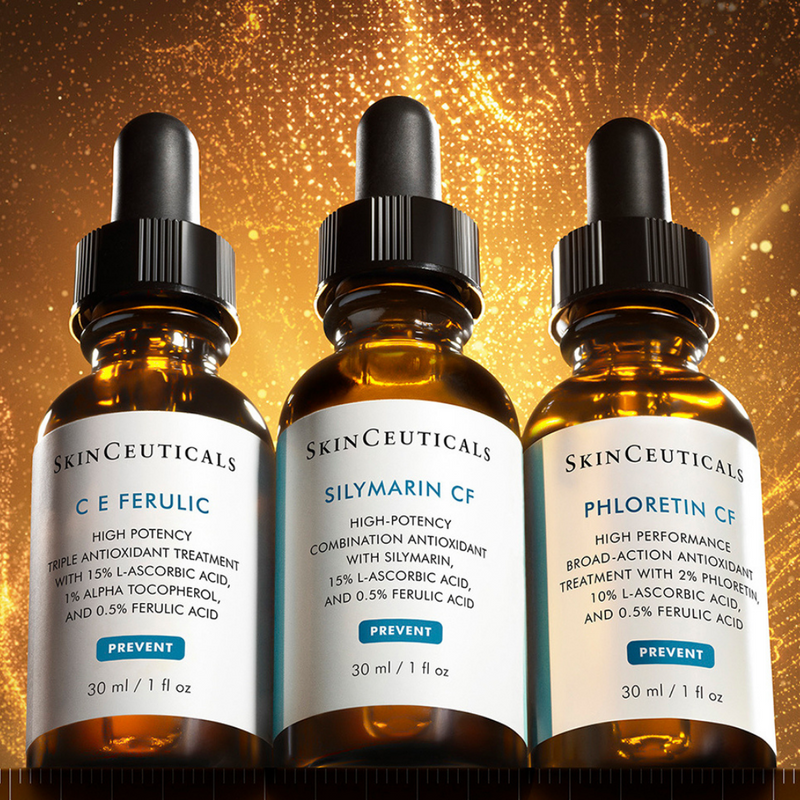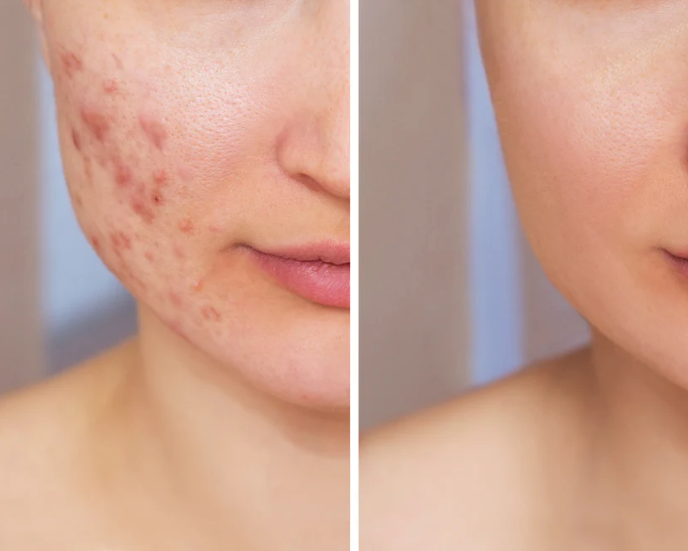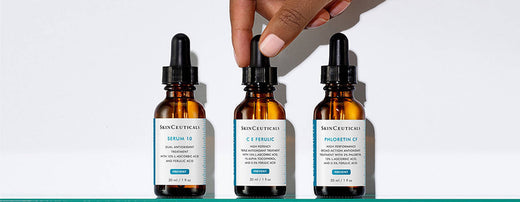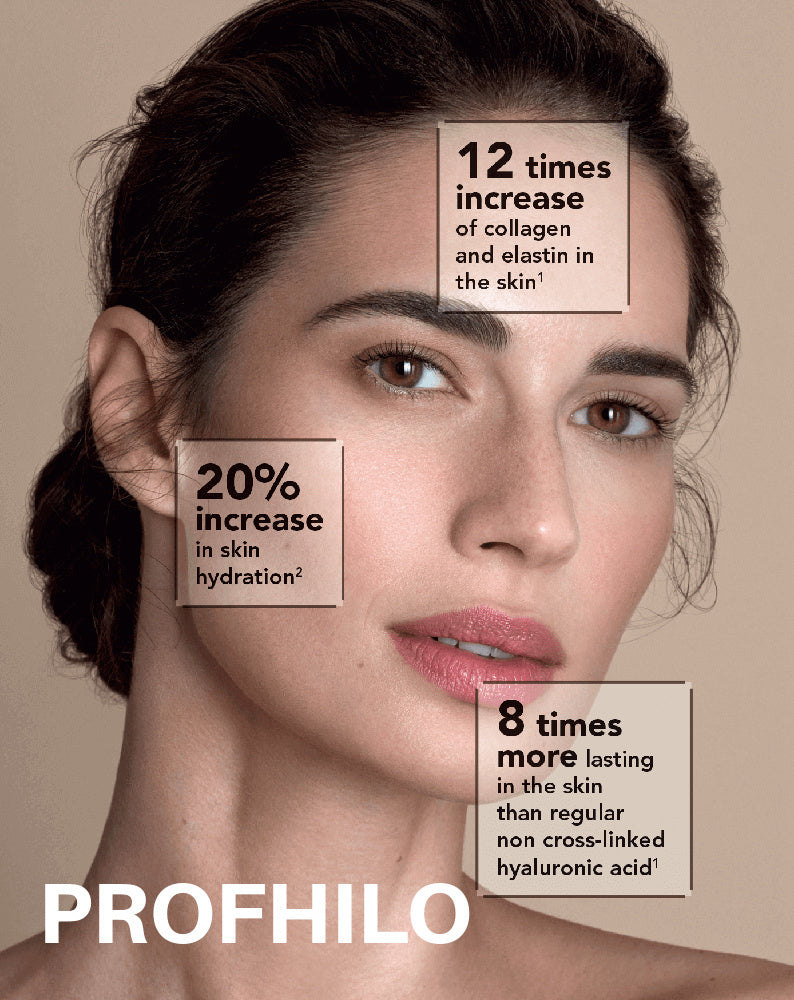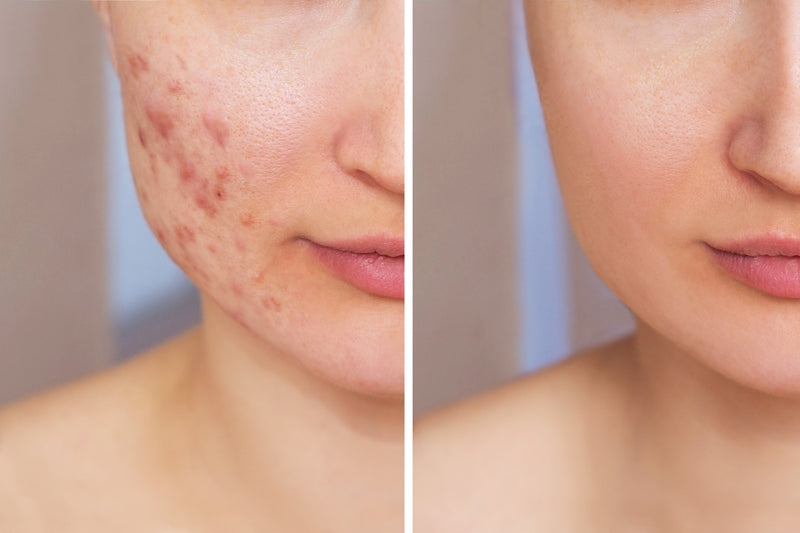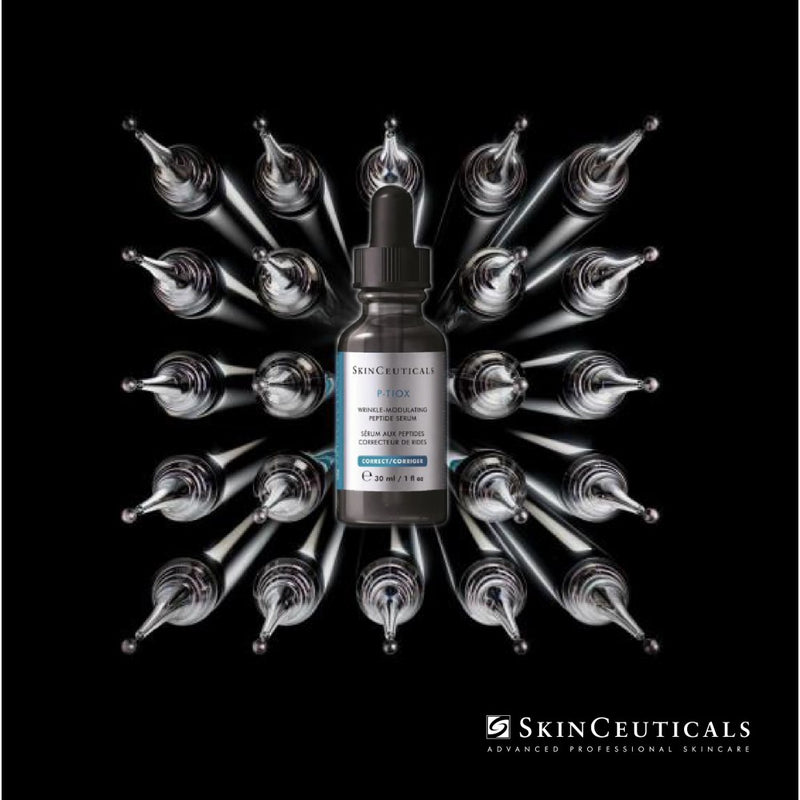
A healthy diet that includes nutritious foods and avoids ultra-processed foods supports health and well-being and may help lower the risk of some cancer development.
The Mediterranean diet

Studies show that people living in countries bordering the Mediterranean Sea, like Spain, Italy, Greece, Turkey, Morocco and other north African countries, enjoy lower rates of heart disease, stroke and type two diabetes than those of us living in Ireland and the rest of Europe.
A Prospective Diet-Wide Association Study for Risk of Colorectal Cancer in EPIC - Clinical Gastroenterology and Hepatology.
https://www.cghjournal.org/article/S1542-3565%2821%2900462-6/fulltext
The diet typically includes a variety of colourful fruits, vegetables, and whole grains while limiting highly processed foods that contain high amounts of saturated fats and sodium are standard nutrition recommendations for reducing the risk of prostate cancer. The diet includes beneficial nutrients such as lypocene derived from tomatoes , particularly cooked tomatoes, tomato sauce and pastes . Lycopene is a carotenoid pigment that acts as an antioxidant, protecting cells from oxidative damage.
The anti-inflammatory effects of a Mediterranean diet: a review.
https://pubmed.ncbi.nlm.nih.gov/36039924/
Lycopene is known to absorb UV radiation so has protective properties for skin . Lycopene neutralises free radicals - is a strong antioxidant that can protect your body against oxidative stress and is said to offer some protection from certain environmental toxins and chronic diseases.
Studies have suggested that both eating less fibre and plants and eating more red and processed meats have been associated with an increased risk of developing colon and rectal cancers,while a nutrient-dense diet high in plants and low in animal fats may be protective.
Multiple studies continue to find that following a Mediterranean-style diet reduces not only the risk of developing certain cancers (including colorectal, head and neck, respiratory, gastric, liver, pancreatic, etc.) but also lowers the risk of dying from cancer.
A Mediterranean-style diet includes:
1. A rainbow of fruit, vegetables, and plant-based foods
2. Healthy fats
3. Herbs and spices
4. Reduced amounts of red meat and dairy products
5. Cruciferous vegetables.
Cruciferous vegetables contain powerful plant nutrients known as phytochemicals (i.e., vitamins, minerals, antioxidants) that support the body in multiple ways such as protecting against DNA damage and supportive of the liver to improve the body’s natural detoxification activities.
One study found that by adding only 1 tablespoon (15 grams) of a cruciferous vegetable to the diet every day decreased risk of ovarian cancer by almost 4% in the studied population.
The Terry Wahls MD @Wahls Protocol is a dietary approach often used by individuals with autoimmune conditions like multiple sclerosis, emphasises a significant intake of vegetables, particularly leafy greens, sulfur-rich vegetables, and deeply coloured vegetables and fruits.
The cruciferous plant family contains a range of vegetables, including:
- Broccoli
- Cauliflower
- Cabbage
- Kale
- Collard greens
- Rocket
- Bok choy




